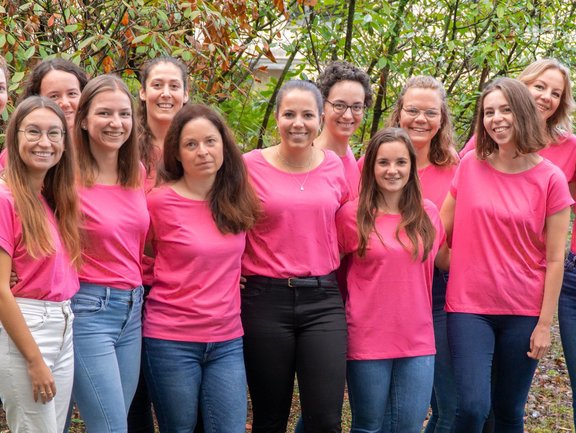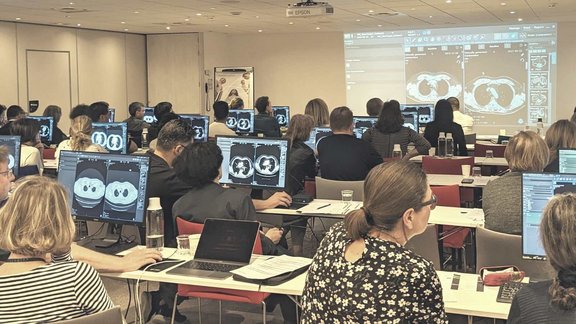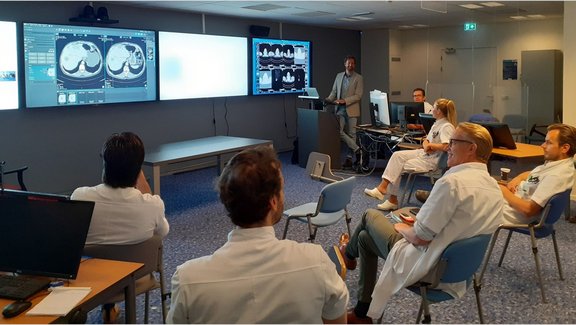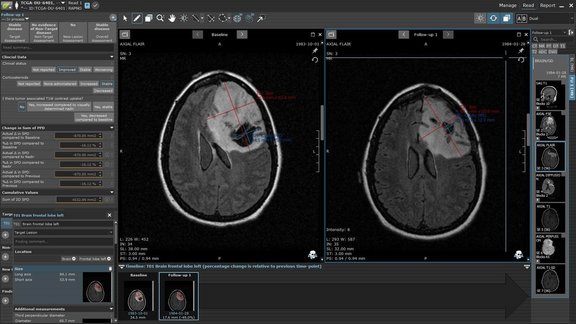October 1 marks the beginning of Breast Cancer Awareness Month, and the team of Mint Ladies from our Heidelberg office is wearing pink today.
We wear pink to raise awareness. About 1 in 8 women will get breast cancer during her life. It can be any one of us, a family member, a friend, or a colleague. Let us remind one another to take care of ourselves and do regular checkups. By the way, in rare cases, breast cancer can occur in men too, so be aware and react if needed!
We wear pink to support and empower all those affected by breast cancer and all the hardship that comes along with it. You are strong, you are beautiful, you are resilient, and you are not alone!
We wear pink to celebrate all the amazing healthcare providers, scientists, engineers, software developers, social workers, volunteers, and advocates who contribute in so many different ways to the global fight against this disease. You rock!
Our way to make an impact as a company is to support cancer research by fostering data-driven radiology and providing clinicians with the path to imaging data far beyond what the eye can see.



